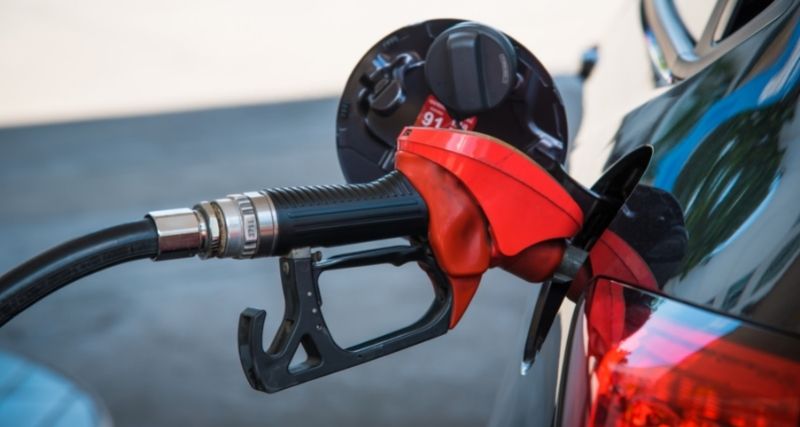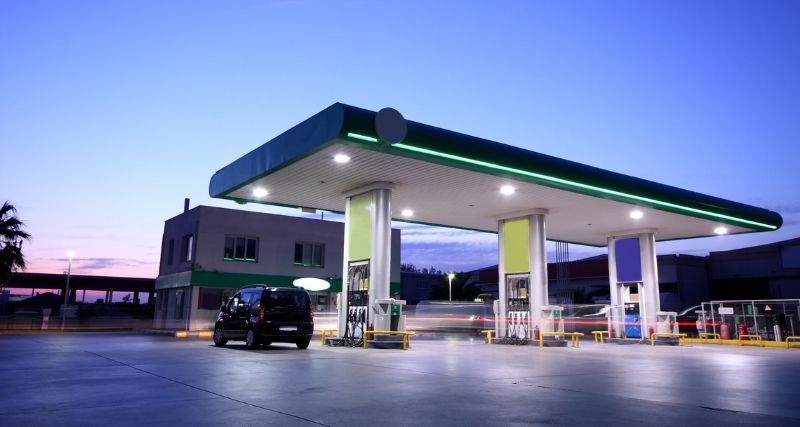Fuel prices in the Czech Republic began to rise sharply with the start of the war in Ukraine. Every day, drivers watched with apprehension the skyrocketing prices of gasoline and diesel fuel, and looked for places where they could fill up their cars cheaper. In many European countries, governments have taken measures to regulate fuel prices much faster than in the Czech Republic, thereby stabilizing the situation somewhat. In the Czech Republic, fuel prices have risen to record highs, but are already starting to decline slightly.

Fuel prices in the Czech Republic have been rising not only since February of this year. Over the past year, fuel has been gradually rising in price. At the beginning of last year 2021, the price per liter of Natural 95 petrol was about 28 CZK, while the price per liter of diesel was slightly higher than 27 CZK. Until the end of the year, prices increased significantly and were at the level of 35-37 crowns. The increase in prices was primarily due to the coronavirus pandemic, an increase in demand and, accordingly, oil prices on world markets.
In early 2022, prices continued to rise. First of all, it was connected with the heating season. Europe continues to experience a gas crisis, and attempts to significantly reduce the EU’s dependence on Russia by the end of the year, in turn, lead to an increase in oil prices. At the end of February, the military events in Ukraine led to a sharp jump in fuel prices not only in the Czech Republic, but throughout the European Union. The change in the exchange rate of the czech crown against the dollar also had an impact on the price of fuel.
Government regulations have already led to lower fuel prices. It is also expected that the decline will continue into the last week of March 2022. The reason for the decline in prices was also the rapid fall in the price of Brent oil after the announcement of the release of oil reserves. At the moment, oil supplies from Russia are not interrupted. The reduction in Russia’s exports as a result of international sanctions will only appear from April 2022. Further development of prices will largely depend on the resolution of the conflict between Russia and Ukraine.
An important factor affecting fuel prices is the size of the excise tax. In the Czech Republic, the excise duty is 12.84 crowns per liter of Natural 95 petrol and 9.95 crowns per liter of diesel fuel. However, the final price depends on distributors and sellers of fuel, on the pricing policy of individual market participants, location and competition.
Due to the sharp rise in prices and the growing dissatisfaction of motorists, the Czech government has decided to introduce regulation of prices and margins of gas stations, which are required to report the price of gasoline and diesel fuel to the Ministry of Finance on a daily basis. For its part, the ministry will compare prices with the dynamics of prices on the Rotterdam Mercantile Exchange and check whether sellers are charging excessive fuel surcharges.
Also, the Czech government decided to cancel the mandatory mixing of biocomponents with fuel, as well as the road tax on cars, minibuses and trucks up to 12 tons.
See also Czech Republic asked for help from the European Union, as it cannot provide housing for all refugees

In the Czech Republic, it is most expensive to refuel cars in the Central Bohemian Region and in Prague. The average price per liter of gasoline in Prague is 45.7 crowns, and for diesel fuel – 48.42 (by March 18, 2022). In the Central Bohemian and Liberec regions, diesel prices are even higher – 48.63 crowns per liter and 48.5 crowns, respectively. More expensive than in Prague, gasoline is only in the Pilsen region – 45.83 crowns per liter. In Prague, the average price is 45.7 crowns per litre. Higher prices can be found at gas stations that are located along highways and main roads, as well as near border crossings.
The cheapest diesel fuel can be bought in the Olomouc region – 47.41 crowns per liter, Vysočina – 48 crowns per liter. Gasoline is cheaper in the Moravian-Slaze region (44.86 CZK/litre), in the Pardubice region (44.89 CZK) and in the Olomouc region (44.9 CZK).
In many EU countries, fuel prices are lower than in the Czech Republic. Among such countries, for example, Poland, Hungary, Slovenia, Romania, Slovakia and others. Therefore, many Czechs living on the borders began to buy fuel at better prices in neighboring countries. It is forbidden to transport fuel in large quantities in canisters, however, at border gas stations in Poland you can often see a line of cars with Czech numbers. Poland is one of the first EU countries to reduce VAT rates on fuel from 23 percent to 8 percent, lower excise duty and completely abolish VAT on food.